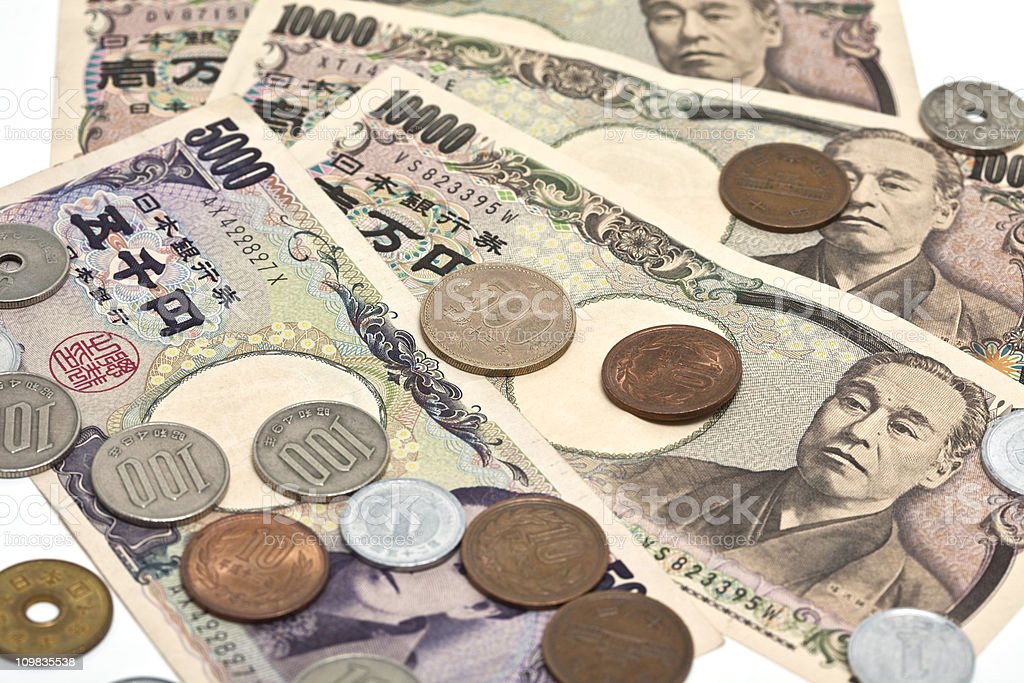Japan Strives To Sustain 2 Percent Inflation
OpenLife Nigeria reports that the Bank of Japan has reached a new milestone in its fight to keep interest rates low: it now owns more than half of all government bonds on a value basis.
As other central banks in the developed world battle inflation and raise interest rates, the BOJ is going the opposite way out of a belief that it has not met its goal of sustained 2% inflation. But foreign investors doubt that it can continue and are dumping Japanese bonds.
The BOJ has responded by kicking its bond purchases into overdrive to keep long-term yields down. How much longer might it keep the pedal to the metal?
Fresh reports have it that the share of Japanese government bonds held by the Bank of Japan has topped 50% on a market value basis for the first time, new data shows, as the bank continues with large-scale purchases to maintain ultralow interest rates.
The BOJ held 535.62 trillion yen ($3.92 trillion) in Japanese government bonds by market value at the end of September, excluding treasury discount bills, according to its Flow of Funds Accounts report published Monday.
This represented 50.3% of the outstanding balance of nearly 1.07 quadrillion yen — up from 49.6% at the end of June.
The figure came to around 10% a decade earlier.
Including treasury discount bills, the BOJ held 44.9% of the outstanding balance, followed by insurers and pension funds at 19.6%, overseas investors at 14.1%, and banks and other depository corporations at 13.2%.
Japanese interest rates have faced upward pressure since the spring as U.S. and European central banks raise rates in response to global inflation. Investors, particularly those overseas, have accelerated sales of Japanese government bonds on speculation that the BOJ will eventually adjust its monetary policy as well. But the central bank has instead conducted unlimited buying operations to defend a 10-year yield cap of around 0.25%.
Its bond holdings have only continued to grow since September. The central bank held a record 51.4% of outstanding long-term Japanese government bonds by face value as of December 9, according to Nikkei group company QUICK. The BOJ’s annual bond purchases have topped 100 trillion yen for the first time in six years as it fights continued upward pressure on rates.
The BOJ maintains a disproportionately large portfolio compared with key counterparts. Its asset holdings equal 126% of nominal gross domestic product, according to SMBC Nikko Securities, versus 34% for the U.S. Federal Reserve and 67% for the European Central Bank. Both the Federal and the ECB have already halted large-scale bond purchases and are turning to quantitative tightening — a scaling back of their balance sheets — as inflation rages.
Inflation in Japan is now above 3%. Still, the BOJ does not see growth in consumer prices hitting its 2% goal sustainably and remains committed to large-scale easing until wages start to rise.
Source: Nikkei






